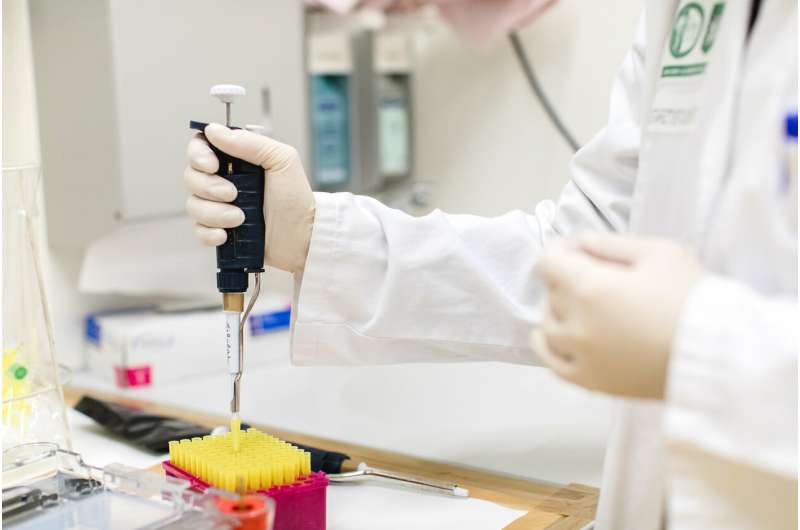Excessive hygiene promotes resistance to antibiotics

In Nature Communications, researchers from Graz in Austria have presented initial approaches to preventing the spread of antibiotic resistance in hospitals.
The number of people who become ill and die from antibiotic-resistant pathogens is increasing worldwide. The World Health Organization (WHO) considers understanding the spread of antibiotic resistance and developing countermeasures as one of the most important global challenges. Against this background, Gabriele Berg, who heads the Institute of Environmental Biotechnology at Graz University of Technology (TU Graz), has initiated an interdisciplinary cooperation project.
The research group investigated microbial control—the degree of cleaning and hygiene measures—and how it influences the development of resistance. Research was carried out together with national partners of the Medical University of Graz in the framework of the BioTechMed-Graz inter-university cooperation and international partners.
A comparison of environments of strong microbial control with those of weak microbial control
The researchers compared all existing microorganisms and antibiotic resistances at the intensive care unit of the Department of Internal Medicine at University Hospital Graz, in clean rooms subject to strong microbial control in the aerospace industry and with public and private buildings which have hardly any microbial controls. The analyses show that microbial diversity decreases in areas with high levels of hygiene, but that the diversity of resistances increases.
"In environments with strong microbial control in the intensive care unit and industrially used clean rooms, there are increasing antibiotic resistances with a high potential for combining with pathogens," explains Dr. Alexander Mahnert, director of studies at the Institute of Environmental Biotechnology of TU Graz, who is currently conducting research at the Medical University of Graz.
Results provide initial measures for the prevention of resistances
The results indicate that a stable microbial diversity in clinical areas counteracts the spread of resistances. "The microbial control of pathogens is already being successfully used in cultivated plants and also in humans in the framework of stool transplantation. Our study provides an initial foundation to pursue such ideas in indoor areas in the future," says Berg. Regular airing, houseplants, the deliberate use of useful microorganisms and the reduction of antibacterial cleaning agents could be the first strategies in maintaining or improving microbial diversity.
In a subsequent step, the research team at Graz University of Technology would like to develop and implement biotechnological solutions for a tailor-made microbial diversity.
More information: Alexander Mahnert et al. Man-made microbial resistances in built environments, Nature Communications (2019). DOI: 10.1038/s41467-019-08864-0
Journal information: Nature Communications
Provided by Graz University of Technology




















